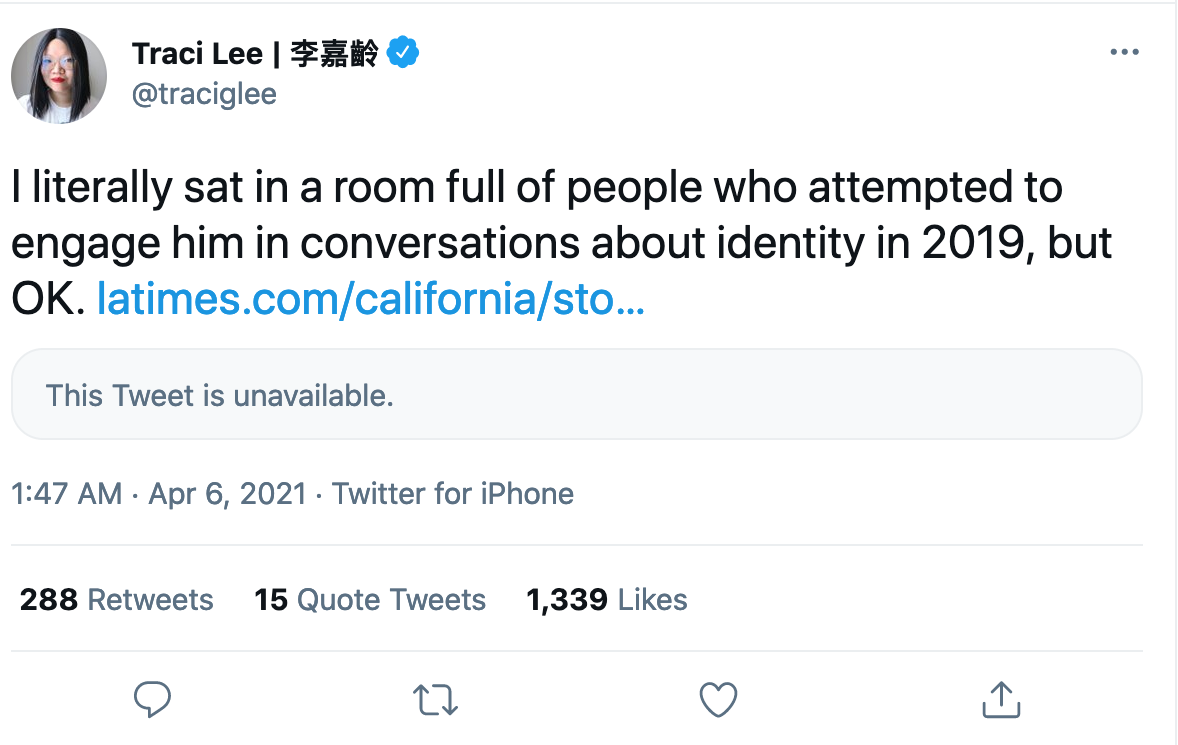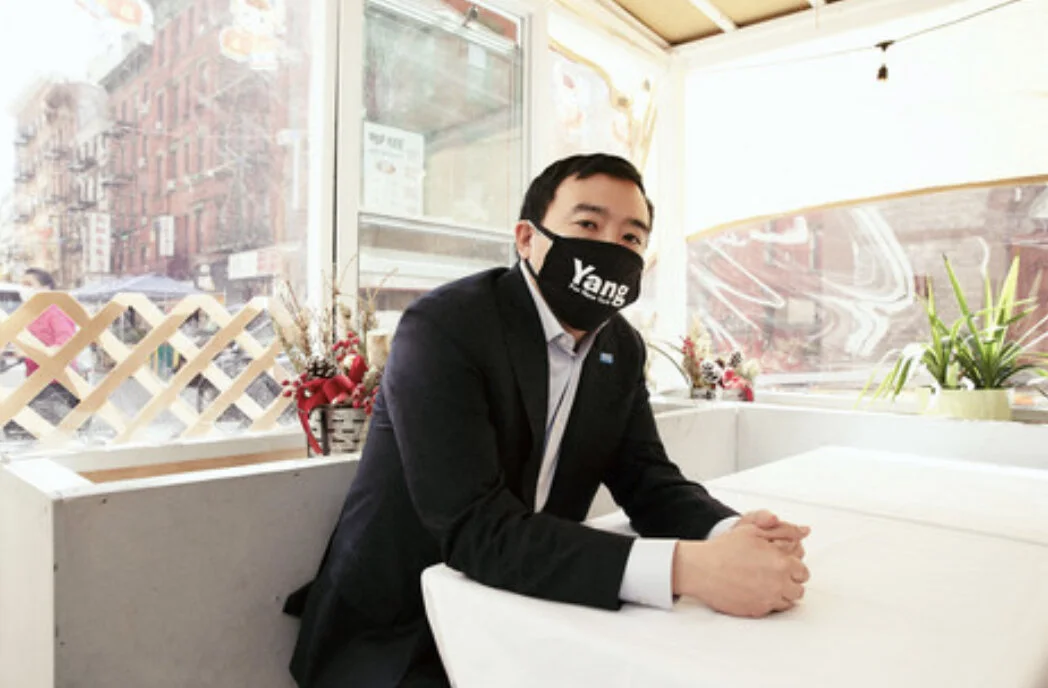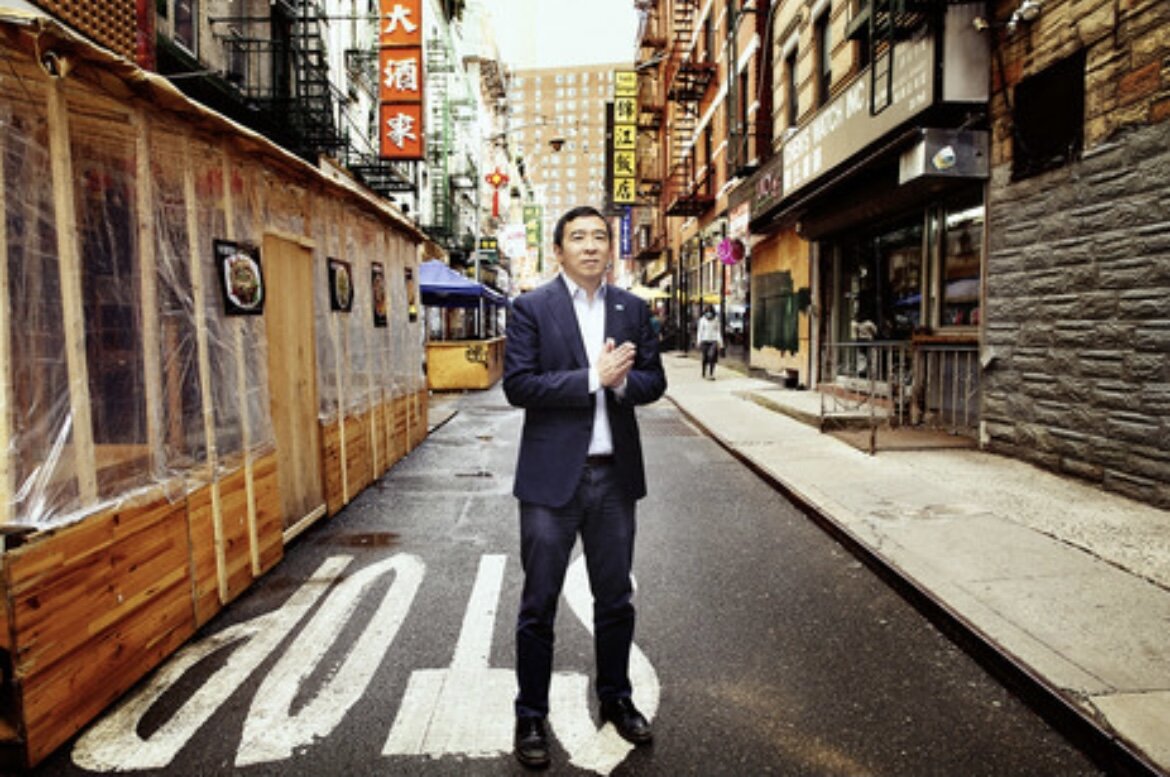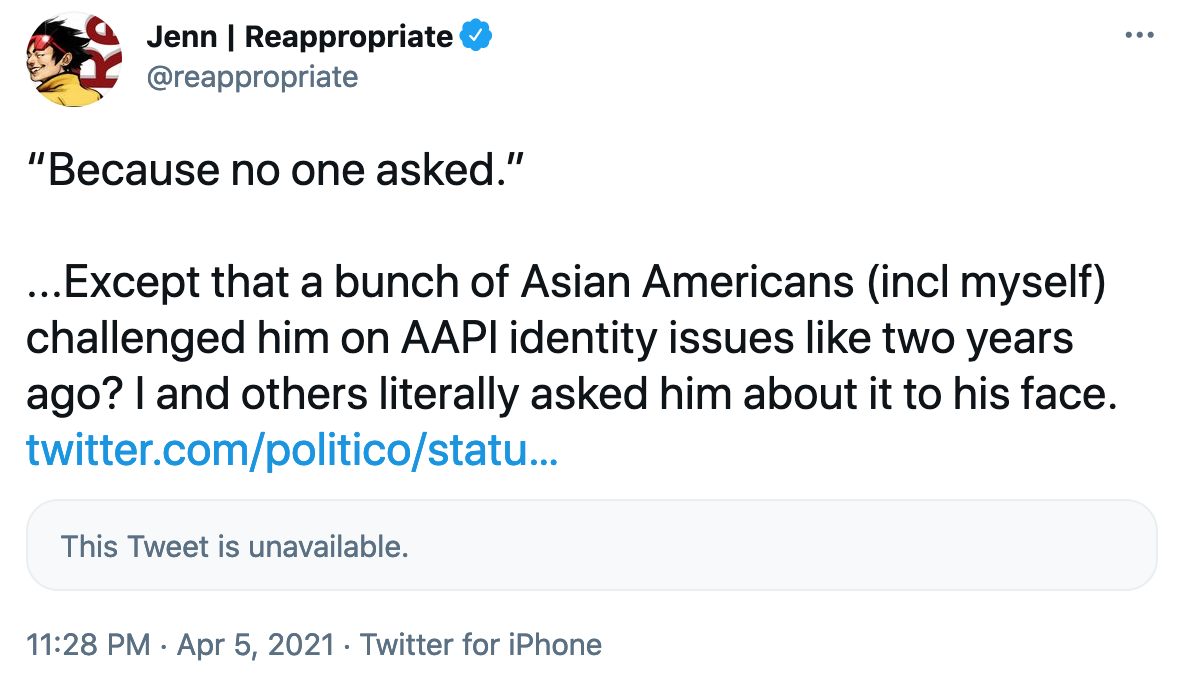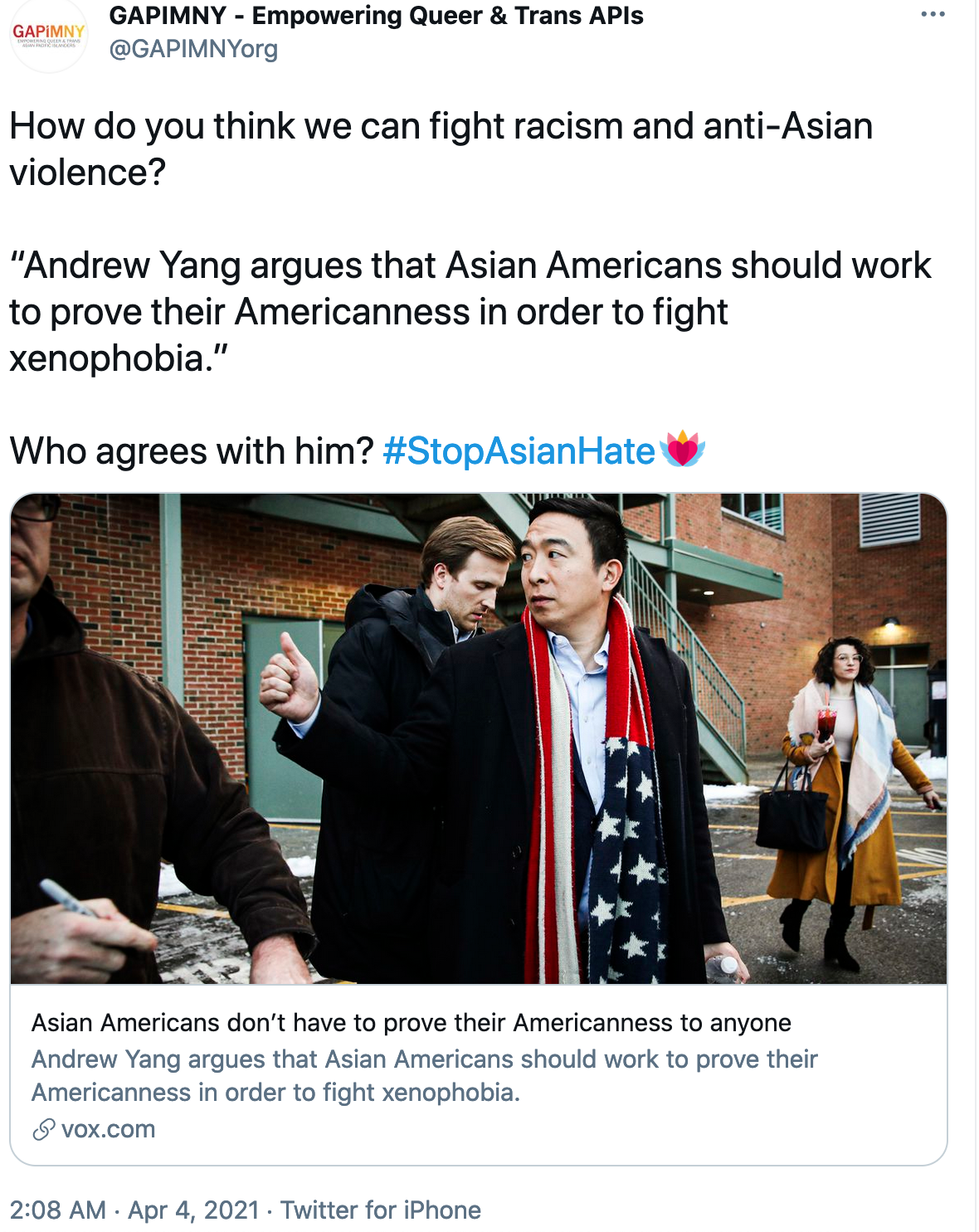The Audacity of Andrew Yang
As the editor in chief of a digital platform for Asian women, non-binary people, and gender minorities, I have devoted my life to giving these people a voice. This includes communicating to Asian cisgender men that they, in fact, do not speak for us, and attempting to show that the ignorant opinions of a few do not represent all of Asian-America in particular. It appears that, despite the prestigious education we can’t seem to stop hearing about, this is a concept wholly unfamiliar to former U.S. presidential candidate, current New York City mayoral candidate, and all-around disappointment to the community Andrew Yang. Yang has been criticized, mainly by Asians, for failing to address or embrace his Asian heritage.
In an interview with Politico that, for all my experience in media and government, I cannot understand which imbecile of a campaign staffer believed to be a good idea, Yang has proudly shown up for his community in their hour of need to embody every stereotype of the model minority.
“This was supposed to be the moment when Yang finally opened up about his experiences as an Asian American man — a topic he’d sidestepped, as far as I could tell, his entire life. But now he could sidestep the issue no longer.
During his presidential run, Yang had exhibited an awkward relationship to his Asianness at times. He joked about knowing lots of doctors because he was Asian; he slapped “MATH” (“Make Americans Think Harder”) onto campaign swag; in his campaign biography, he referred to being “self-conscious” when a childhood bully asked if “Chinese guys have small dicks.” At the beginning of the pandemic, he wrote an op-ed urging Asian Americans to fight back against a swell of xenophobia by, among other things, wearing “red, white and blue.””
Source: Politico
From jokes that fail to land about Asians being math prodigies and doctors, to awkwardly trying to prove that he’s hip with the immigrants with his love to Peking duck, what seems to be intended as a love letter to the Asian-American community of New York reads more like an SNL skit.
“He couldn’t wait to see Netflix’s live action adaptation of the classic anime “Cowboy Bebop,” starring John Cho (“Anime’s always been cool in my book”). He was a reader of the blog Angry Asian Man (and described his college self as one, taking out his frustrations through martial arts and weightlifting.) He’d just watched Eddie Huang’s new film, “Boogie” (“It’s very New York”) and asked if I liked his new campaign ad with Chinese American rapper MC Jin. He was, I later saw, better than me at folding pancakes around sauce-soaked duck slices.”
Source: Politico
“Yang had previously discussed growing up as the lone, awkward Asian kid in a town full of white people, frequently picked on for his scrawniness and confused for the other Asian kid in town (his brother). Being at Exeter, he told me, exacerbated those feelings. “I mean, it was numerically quite diverse, I think — maybe 15 percent Asian American when I was there,” he said. “But it certainly had a very New England prep school feel. There was a constant struggle to fit in, [but] that desire to fit in would be somewhat futile, because, obviously, if you’re one of the only Asian kids in your grade, then people would see you as the Asian kid. It’s fairly natural.””
With the utmost respect, Mr. Yang, while my heart truly goes out to you for the tiny dick jokes you had to endure in junior high, my community is still healing from a wave of hate crimes and mass shootings, and we don’t have any sympathy to spare. It’s time to stop centering mediocre Asian men at the heart of conversations on Asian-America.
“We Asian Americans need to embrace and show our American-ness in ways we never have before. We need to step up, help our neighbors, donate gear, vote, wear red white and blue, volunteer, fund aid organizations, and do everything in our power to accelerate the end of this crisis. We should show without a shadow of a doubt that we are Americans who will do our part for our country in this time of need.Demonstrate that we are part of the solution. We are not the virus, but we can be part of the cure.”

